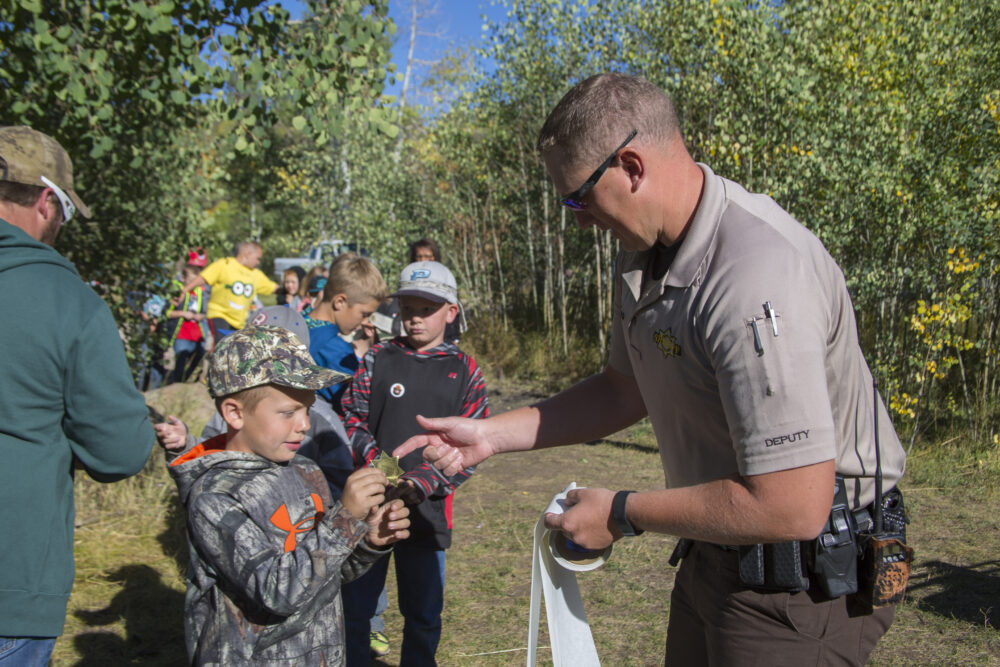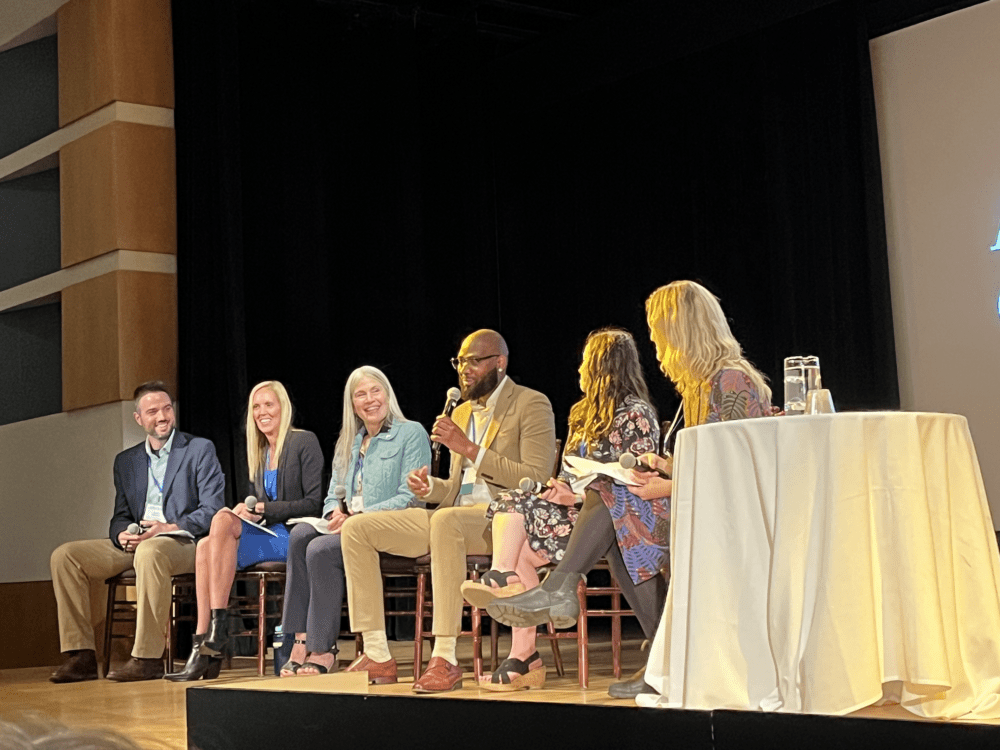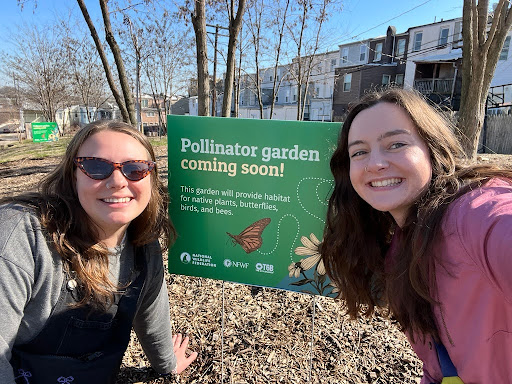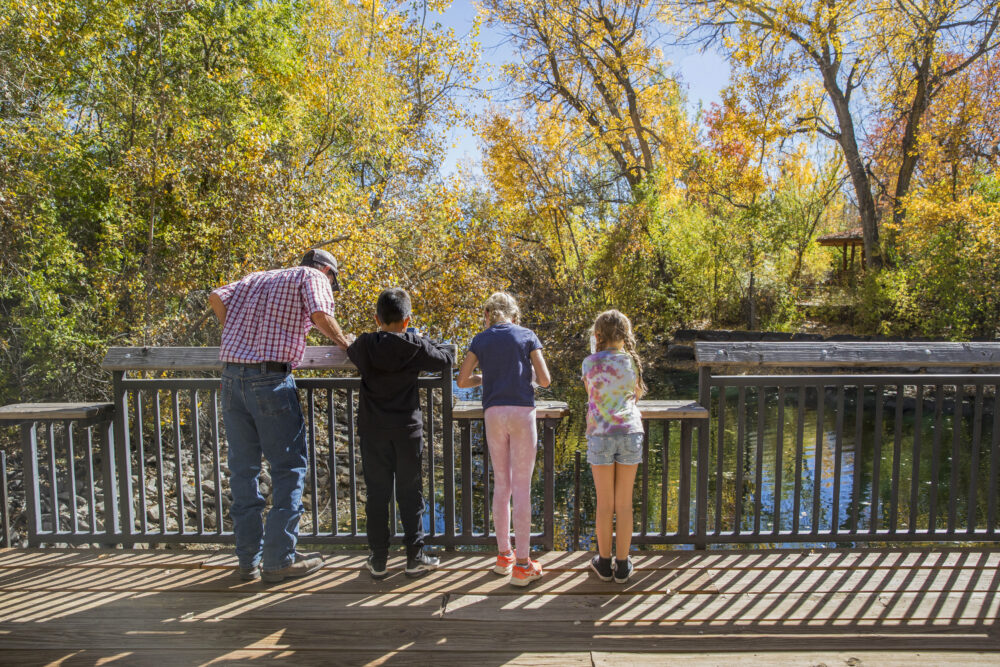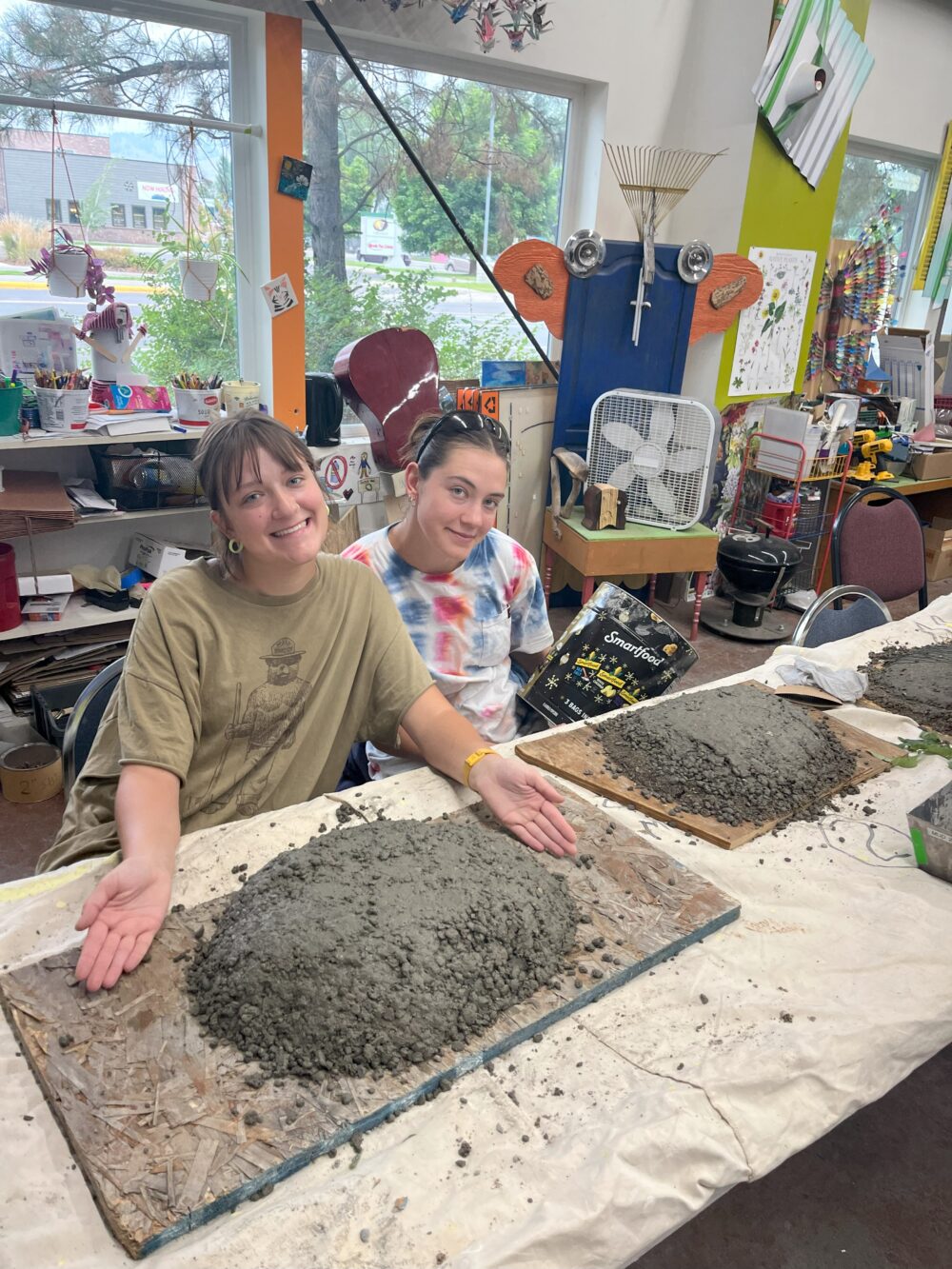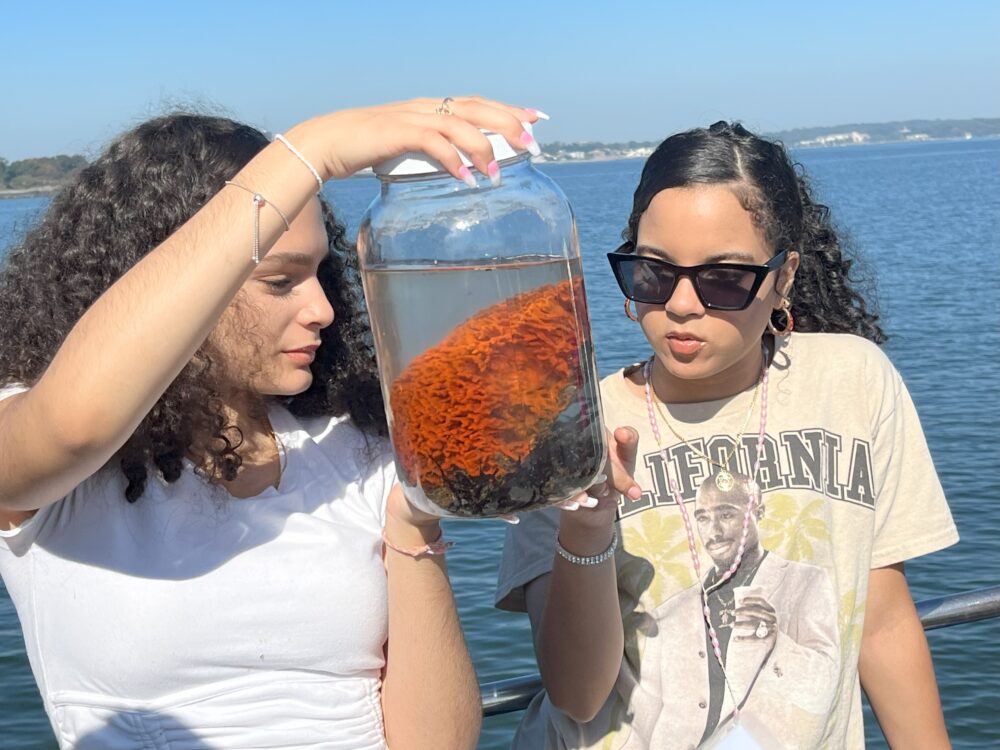We have much more to do and your continued support is needed now more than ever.
Creating a Green Workforce in Community Colleges
Interview with Dr. Jerry Weber, President of the College of Lake County, Grayslake, IL
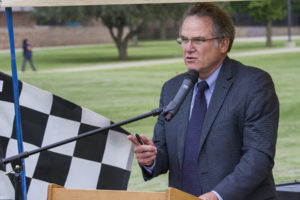
The IGEN team helped to create a plan to prepare 20 million ecoliterate graduates by 2025 called the “Greenprint: A Plan to Prepare Community College Students for Careers in the Clean Economy: Equipping 20 Million Students with Sustainability Knowledge and Career Skills by 2025”.
Dr. Weber (JW) speaks with Julian Keniry, of the National Wildlife Federation, about the precedents and possibilities moving forward.
Q: A couple of years ago, you mentioned a wish to share curriculum innovations for sustainability in an open source format. How is IGEN accomplishing this?
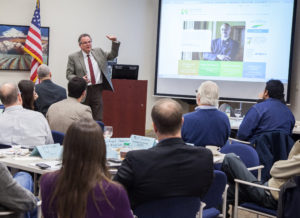
For this state-wide effort, 230 faculty and staff across 17 colleges worked in teams to create more than 30 certificates and degrees covering major areas of sustainability. Anyone can now access these materials from the developed courses and degrees in an open source format. (www.igencc.org). So, we have now groups of colleges with expertise in the major themes and career programs around sustainability education and training.
We want to demonstrate how community colleges can collaborate to become the workforce that’s at the center as the green economy grows over the next decade, while leading the way in making sustainability local.
Q: As a community college president, how do you leverage your voice on the sustainability education and skills agenda in ways that the wider community and policy makers can hear?
JW: Presidents often consider themselves the Chief Executive Officer of their organization. However, it is probably more important that we see ourselves as the chief evangelical officer for the college. Just as we differentiate ourselves for the students and the community, we need to also show that we are part of leading the way in workforce and important education trends. Any president is going to be interested in the workforce aspects of sustainability, but if they can also understand that the campus culture can be shifted forward. The community colleges that have fully embraces sustainability stand out, they have created an environment that the students are proud of and that’s a message worth communicating.
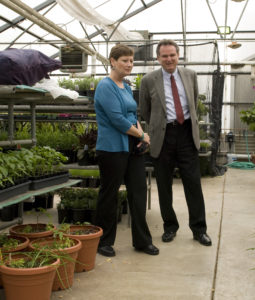
JW: We are now at a tipping point where the creation of green jobs will accelerate. People don’t realize the clean energy sector is adding jobs at a faster rate than the old carbon based energy sectors. Already, two-thirds of the new energy that comes on line around the world is renewable.
It is important to realize that clean energy is a huge economic and environmental opportunity. With the recent budget deal in Congress that includes a five-year extension on wind and solar tax credits, clean energy will be moving even faster. To have a path to a positive future we will need to increase energy efficiency, expand renewables, and replace carbon-based energy sources with clean ones. This will require a readily available, skilled workforce, and we can educate and train our students for this growing workforce. In America, much of the new energy workforce will be educated and trained at community colleges.
For our students, these opportunities will be more than jobs. The new sustainable economy will provide rewarding, life-long careers with a livable wage.











